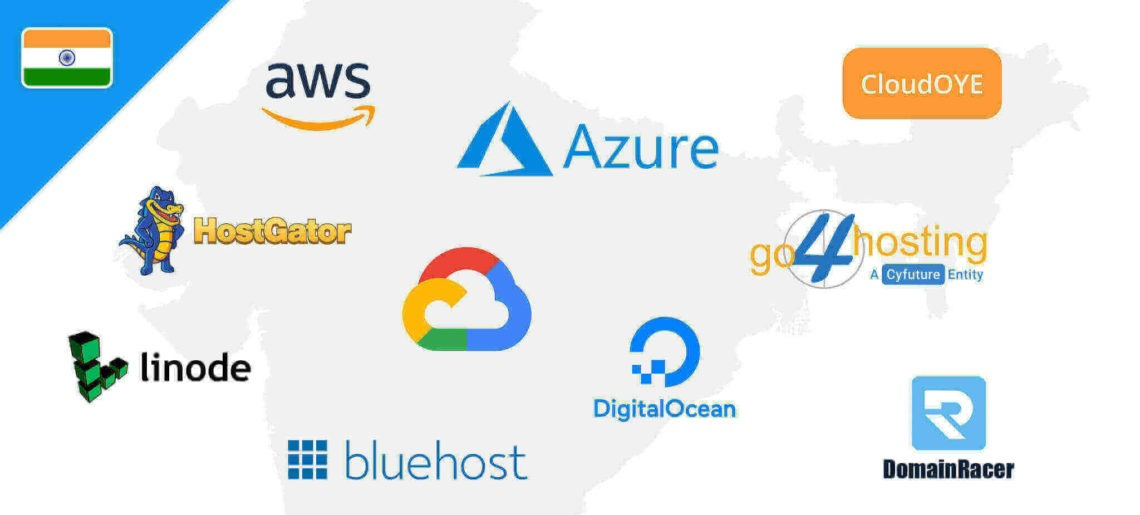Name: Sook
Date: 28/12/23
In the ever-evolving landscape of financial transactions, the adoption of cloud-based payment products has become a game-changer, especially in the context of India. In this article, we will delve into the significance, evolution, challenges, and future trends surrounding payment provider cloud-based products in India.
Evolution of Payment Systems in India
Traditional Methods
Not long ago, traditional methods like cash and checks dominated the Indian payment landscape. These methods while functional, were often cumbersome and time-consuming, prompting the need for innovation. Cloud-based products for payment providers in India offer scalability, flexibility, and enhanced security for managing digital transactions. These solutions support real-time data pocessing, seamless integration, and cost-effective infrastructure. Complying with RBI standards, they enable efficient fraud detection and data protection. As the digital economy[1] expands, cloud-based platforms are transforming India’s payment landscape.
Emergence of Cloud-Based Solutions
The technological revolution paved the way for cloud-based solutions. These solutions leverage the power of the cloud to offer a seamless and efficient payment experience, marking a significant departure from traditional methods.
Major Players in the Indian Market
Overview of Established Providers
Global payment giants have made a significant impact on the Indian market. Their established infrastructure and proven track record have garnered trust among businesses and consumers alike.
Rise of Indigenous Solutions
Simultaneously, indigenous payment providers[2] have risen to prominence, offering tailored solutions that cater to the unique needs of the Indian market. This indigenous approach ensures a more nuanced understanding of local challenges and preferences.
Adoption and Integration Challenges

Addressing Security Concerns
While the benefits of cloud-based payment[3] systems are evident, the adoption faces scrutiny security. Providers must transparently address these concerns through robust protocols to build trust.
Technical Hurdles and Solutions
Integrating cloud-based solutions into existing systems can present technical challenges. Providers must offer seamless integration and robust support to overcome these hurdles, ensuring a smooth transition. Payment provider cloud-based products in India revolutionize digital transactions by offering secure, scalable, and cost-efficient solutions. These platforms enable real-time processing, easy integration with banking systems, and robust data management. With advanced security features and compliance with RBI regulations, they mitigate risks while enhancing user experience. Cloud technology is driving the future of India’s payment ecosystem[4].
Benefits for Businesses
Streamlined Operations
Cloud-based payment systems streamline business operations, reducing the time and resources spent on financial transactions. This efficiency translates into a more agile and responsive business environment.
Cost-Efficiency
Cost-effectiveness is a significant driver for businesses. Cloud-based solutions often eliminate the need for extensive infrastructure, resulting in significant savings that can be redirected towards business growth.
Improved Customer Experience
Enhanced user experiences translate into customer satisfaction. Cloud-based systems provide a user-friendly interface, contributing to improved overall customer experience and loyalty.
Case Studies
Success Stories of Businesses Implementing Cloud-Based Payment Solutions
Real-world success stories highlight the positive impact of adopting cloud-based payment solutions. These case studies showcase improvements in efficiency, security, and customer satisfaction.
Lessons Learned from Implementations
Examining the experiences of businesses offers valuable insights into the challenges and successes associated with implementing cloud-based payment systems. These lessons learned inform future implementations.

Future Trends
Innovations in Cloud-Based Payment Systems
The future holds exciting innovations, including advancements in artificial intelligence and blockchain. These innovations promise even more secure and efficient payment solutions, shaping the future of the industry.
Anticipated Developments in the Indian Market
As technology continues to advance, the Indian market is poised for further developments. Increased adoption and integration of cloud-based payment products are anticipated, driven by changing consumer behaviors and expectations.
Regulatory Landscape
Compliance Requirements
Regulatory compliance is a crucial aspect of the financial industry. Payment providers must navigate and adhere to the evolving regulatory landscape to ensure legality and trust.
Government Initiatives and Regulations
Government initiatives play a significant role in shaping the landscape. Understanding and aligning with these initiatives are essential for long-term success, as regulatory changes can influence industry dynamics.
Tips for Choosing the Right Cloud-Based Payment Provider
Evaluating Security Protocols
Security should be a top priority when selecting a payment provider. Thoroughly evaluating security protocols ensures the protection of sensitive information.
Considering Scalability
The chosen provider should offer scalable solutions to accommodate the growth of businesses without compromising efficiency. Scalability ensures that the solution grows with the business.
Assessing Integration Capabilities
Seamless integration with existing systems is critical. Providers with robust integration capabilities simplify the onboarding process, reducing potential disruptions during implementation.

Real-world Challenges and Solutions
Handling Downtimes
Downtimes can be detrimental to businesses. Effective strategies for minimizing and recovering from downtime are crucial for maintaining trust and reliability.
Customer Support Strategies
Responsive and effective customer support is vital. Providers must implement strategies to address queries and concerns promptly, ensuring a positive customer experience.
Comparison with Global Trends
How India Compares to Global Adoption
Understanding how India compares to global trends provides valuable insights into areas of improvement and innovation specific to the Indian market. It helps in identifying opportunities for growth and development.
Unique Challenges Faced in the Indian Context
India presents unique challenges, such as diverse demographics and infrastructural disparities, which providers must navigate for widespread adoption. Tailoring solutions to address these challenges is crucial for success.

Future Outlook
Predictions for the Next Decade
Predicting the future of cloud-based payment products[5] involves anticipating advancements in technology and consumer behavior, shaping the next decade.
Potential Disruptions and Innovations
The industry is ripe for disruptions and innovations. Staying ahead of the curve is essential for providers to remain competitive and capitalize on emerging opportunities.
Conclusion
In conclusion, payment provider cloud-based products are revolutionizing financial transactions in India. The blend of global expertise and indigenous innovation positions the country at the forefront of digital financial transformation. As businesses and individuals continue to embrace these solutions, the potential for growth and efficiency is limitless.
FAQs
How secure are cloud-based payment systems?
Cloud-based payment systems implement robust security measures, including encryption and authentication protocols, ensuring the security of transactions and user data.
Can small businesses benefit from these solutions?
Yes, cloud-based payment solutions are scalable, making them suitable for businesses of all sizes. Small businesses can particularly benefit from cost-effective and streamlined financial operations.
Are there any data privacy concerns?
Providers adhere to strict data privacy regulations. Users’ personal and financial information is safeguarded through compliance with industry standards and regulations.
What sets Indian providers apart from global ones?
Indian providers often offer solutions tailored to the unique needs of the Indian market, addressing local challenges and preferences more effectively.
How do regulatory changes impact the industry?
Regulatory changes can influence the industry by shaping compliance requirements and fostering innovations. Providers must stay agile to adapt to evolving regulations.

